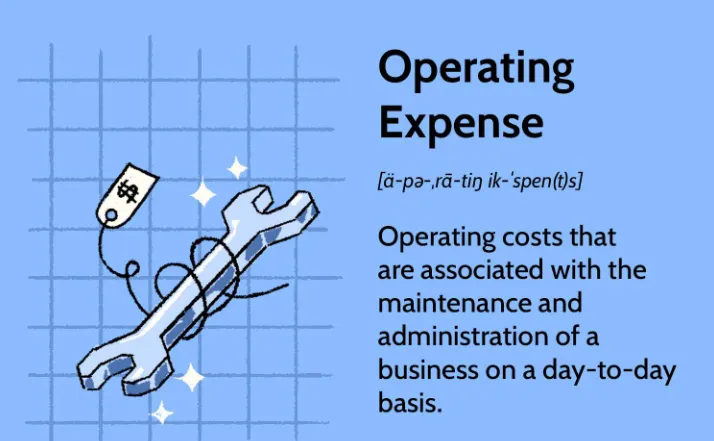Introduction
Running a casino in a rural location has a unique mix of possibilities and problems. The reality is significantly more complicated, even if the appeal of reduced land prices and unexplored consumer bases may entice operators to such sites. Working in a rural area sometimes means extra expenses not needed in metropolitan environments. Development of infrastructure, staff availability, regulatory compliance, and logistical issues define these expenses. For stakeholders and casino managers to assess the financial viability of rural projects, they must first understand these elements.
Maintenance Of Infrastructure
Developing and maintaining infrastructure is one of the most important expenses connected with running a casino in a rural location. Many rural areas lack the strong utilities, telecommunications, and transportation facilities seen in metropolitan settings. Building or updating roads, establishing high-speed internet, and guaranteeing consistent access to water and electricity could all require significant investments made by casino operators.
Customer Acquisition And Marketing
Promoting a rural casino to possible patrons has unique financial difficulties. Unlike urban casinos, which may rely on walk-in traffic and proximity to highly populated regions, rural casinos have to run thorough marketing operations to draw guests. To highlight the venue, this sometimes includes funding digital advertising, travel agency alliances, and promotional events.
To encourage guests to travel, remote casinos could also have to provide incentives including free lodging, cheap travel packages, or special rewards. Though successful, these techniques have high expenses that have to be included in the company model.
Legal And Compliance Regulatory
Rural areas can have special legal needs that can raise running expenses. Local governments might, for instance, insist on large costs for environmental impact studies or zoning modifications. Incurring legal and administrative costs in the process, casinos may also have to negotiate difficult agreements with tribal governments or other local authorities.
Rural areas may occasionally have more exacting standards for noise control, wildlife protection, or community impact evaluations. Meeting these needs calls for continuous expenditure on expert consultants, monitoring systems, and compliance policies—all of which add to the financial load.
Logistics And Supply Chain Management
Running a casino in a rural location likewise makes supply chain management and logistics more difficult. Delivering food, drinks, CUANHOKI gaming equipment, and other basics to far-off sites usually requires more travel time and more expensive transportation. Furthermore, the restricted availability of local suppliers forces casinos to depend on vendors from far-off areas, therefore escalating their costs.
Some operators choose to create their own, heavily capital-intensive storage and distribution facilities in order to help to offset these obstacles. Others could have to work out long-term agreements with suppliers in order to guarantee constant delivery—often at a premium price. Both methods reflect significant running expenses particular to rural environments.
Public Relations And Community Engagement
Many times, rural areas include close-knit populations with strong feeling of identity. like a casino into such surroundings calls for careful community involvement to win local acceptance and handle issues with social repercussions like possible changes in neighborhood character, noise, and traffic congestion.
Casinos would have to make investments in public relations campaigns, community engagement projects, and events proving their dedication to local growth. Often including sponsoring local schools, healthcare facilities, or infrastructure projects—which can represent a major recurring cost—these initiatives involve local businesses as well. These expenditures add more layers of expenses even when they can help the casino to be more friendly and promote goodwill.
Seasonal And Weather- Related Expenses
Extreme weather events and seasonal swings common in rural locations might affect casino operations. For example, severe winters could discourage tourists from visiting far-off areas, therefore affecting income at specific times of year. To guarantee guest comfort and accessibility, casinos would have to make investments in seasonal promotions, improved snow removal services, or even on-site lodging to offset this.
Infrastructure suffers as well from weather-related problems. Roads, parking lots, and buildings can all be damaged by flooding, severe snowfall, or strong winds; regular repairs and maintenance is therefore necessary. These erratic costs complicate functioning in rural settings even more.
Economic Development Incentives: Two-Edged Sword
Although tax reductions or subsidies to draw enterprises help rural communities can provide economic development incentives, these benefits usually come with strings attached. Local governments could demand casinos to promise to promote local businesses, commit to building a specific amount of employment, or fund community infrastructure. Completing these obligations will balance the initial incentives’ financial benefits.
Furthermore, these incentives might not cover the extra expenses related to running in a rural location, therefore operators would have to pay for compliance and application.
Conclusion
Running a casino in a rural location offers both benefits and drawbacks; the latter usually show up as extra expenses that urban colleagues would not have to deal with. From infrastructure development and labor acquisition to logistics and community involvement, rural casinos need major funding to meet the particular needs of their sites.
Although the lower land prices and undeveloped consumer base of rural areas can be enticing, these advantages have to be balanced against the significant costs of overcoming operational, legal, and logistical obstacles. Rural casinos offer operators ready to negotiate these challenges successfully—but only with a well-considered plan and a clear awareness of the financial reality involved.
